
Media Freedom Under Attack in Somalia Journalists Live in Fear While Government Promises to Investigate Ring Hollow By Laetitia Bader
NISA justifies these arrests on national security grounds, accusing the media of providing a propaganda platform for the armed Islamist group Al-Shabab. More often than not the apparent goal is to silence legitimate reporting on key issues of public concern. In Abdi’s case, interrogators took issue with an October edition of the paper that reported on Al-Shabab reprisal killings in El-Ali after Ethiopian troops stationed there had withdrawn from the town.
Suggesting that journalists pose a threat to Somalia ignores their precarious situation.
Just over a month ago, Abdiaziz Mohamed Ali, known as Haji, a journalist at Radio Shabelle, was killed outside his family home in Mogadishu’s Yaqshiid district. A witness said that unidentified gunmen shot him several times. Abdiaziz died on the spot. He was the second journalist killed this year in Somalia and the eleventh Radio Shabelle reporter to be murdered. According to the United Nations, 30 journalists have been killed in Somalia between August 2012, when the government took office, and June 2016. Among colleagues, these killings and attacks have created lasting fear at a time where their skills are needed most.
The government’s promises to investigate killings of journalists ring hollow. So far, the authorities have only investigated and prosecuted attacks on journalists that were attributed to Al-Shabab.
The spokesperson for the Ministry of Internal Security told me that a NISA-led investigation into Abdiaziz’s killing is ongoing and one arrest has been made. Yet, since the day of Abdiaziz’s death, government investigators have not contacted witnesses or Abdiaziz’s relatives or colleagues, raising questions about the investigation’s credibility.
Media freedoms have been a major casualty of Somalia’s long-running armed conflict. The government needs to stop its intelligence forces from harassing and obstructing reporters. And Somalia’s international partners should be pressing the government to ensure that all those responsible for attacks, harassment, and threats against journalists are held to account.
Laetitia Bader
Researcher
Human Rights Watch
Skype: leti.b
Kenya Mobile: +254 700 241 854
Kenya Office: +254 730 646 104South Africa: Continent Wide Outcry at ICC Withdrawal
Victims’ Advocates Urge Reconsideration, Support for Court
(Johannesburg) – South Africa’s announced withdrawal from the International Criminal Court (ICC) is a slap in the face for victims of the most serious crimes and should be reconsidered, African groups and international organizations with a presence in Africa said today.
The groups urged other African countries to affirm their commitment to the ICC, the only court of last resort to which victims seeking justice for mass atrocities can turn.
The International Criminal Court premises in The Hague.
"South Africa’s intended withdrawal from the ICC represents a devastating blow for victims of international crimes across Africa,” said Mossaad Mohamed Ali of the African Center for Justice and Peace Studies. "As South Africa is one of the founding members of the court, its announcement sends the wrong message to victims that Africa’s leaders do not support their quest for justice.”
South Africa publicly announced on October 21, 2016, that it has notified the United Nations secretary-general of its intent to withdraw from the ICC. However, there are significant questions as to whether South Africa abided by its domestic law in withdrawing without approval of its own parliament, the groups said.
"South Africa’s purported withdrawal – without parliamentary approval or public debate – is a direct affront to decades of progress in the global fight against impunity,” said Stella Ndirangu of International Commission of Jurists-Kenya. "We call on the South African government to reconsider its rash action and for other states in Africa and around the world to affirm their support for the ICC.”
"We do not believe that this attempt to withdraw from the ICC is constitutional and it is a digression from the gains made by South Africa in promoting human rights on the continent,” said Jemima Njeri of the Institute for Security Studies’ International Crime in Africa Program. "The South African government is sending a signal that it is oblivious to victims of gross crimes globally.”
South Africa’s announcement that it will withdraw from the ICC comes after the country’s court of appeal concluded the government violated its international and domestic legal obligations in not arresting ICC fugitive Sudanese President Omar al-Bashir in June 2015, when he visited South Africa. A government appeal was pending, but on October 21, 2016, the government indicated that it has withdrawn the appeal.
"The decision by Pretoria to withdraw from the Rome Statute is a response to a domestic political situation,” said George Kegoro of the Kenya Human Rights Commission. "Impervious to the country’s political history and the significance of the ICC to African victims and general citizenry, the South African leadership is marching the country to a legal wilderness, where South Africa will be accountable for nothing.”
South Africa is the first country to notify the UN secretary-general of withdrawal from the ICC. Burundi recently passed a law on ICC withdrawal but has not submitted notification with the UN secretary-general as required to trigger the process of withdrawal.
The ICC is meant to act as a court of last resort, stepping in only when national courts cannot or will not prosecute some of the most serious international crimes.
Since 2009, the ICC has faced a backlash from a vocal minority of African leaders alleging that the court is unfairly targeting Africa. While all of the ICC’s investigations to date – with the exception of Georgia – have been in Africa, the majority have been initiated at the request of an African government: Central African Republic, Côte d’Ivoire, Democratic Republic of the Congo, Mali, and Uganda.
The situations in Libya and Darfur were referred by the UN Security Council. Kenya is the only African situation in which the government or Security Council did not make a request to the ICC regarding investigation.
At the same time, there is an uneven landscape. A number of powerful countries and their allies have been able to avoid the reach of the ICC, and of justice more generally. The ICC is constrained in reaching these countries because they are not parties to the ICC and because they or their allies on the Security Council have used the veto to block referral to the ICC of situations desperately in need of justice, including Syria.
The African Union (AU) has been a source of attacks on the ICC and in January 2016, it set up a committee to explore a strategy for ICC withdrawal. Many African governments continue to support the court, but have too often been silent in the face of attacks on it. Support has included cooperation with investigations and the referral of new situations to the court. Mali referred the crimes committed in its country in 2012, and Gabon referred crimes committed in its country in September 2016.
In July, during the AU summit, several African ICC members – Côte d’Ivoire, Nigeria, Senegal, and Tunisia – took an important step in joining Botswana, a vocal ICC supporter, to expressly oppose an AU call for ICC withdrawal. Burkina Faso, Cape Verde, the Democratic Republic of Congo, and Senegal also entered reservations to the July summit decision. Since 2009, activists across Africa have joined with international groups to call for African governments to support and strengthen the ICC, instead of undermining it.
"Now, more than ever, countries that believe in the rights of victims should affirm their support for the ICC,” said Oby Nwankwo of the Nigeria’s national Coalition for the ICC. "We should hear from Nigeria, Ghana, Ivory Coast, Senegal, and Central African Republic, among many others, on the importance of the ICC in Africa and globally.”
The following organizations that are active in an informal
group that promotes justice for serious crimes endorsed this release
(additional endorsements will be updated online):
African Center for Justice and Peace Studies (Uganda)
Africa Legal Aid
Burundi Coalition for the International Criminal Court
Centre for Accountability and Rule of Law–Sierra Leone
Centre for Human Rights and Rehabilitation (Malawi)
Center for Democratic Development (Ghana)
Civil Resource Development and Documentation Centre (Nigeria)
Coalition for Justice and Accountability (Sierra Leone)
Coalition for the International Criminal Court
DefendDefenders (Uganda)
Federation Internationale des Droits de l’Homme
Foundation for Human Rights Initiative
Human Rights Watch
International Commission of Jurists
International Commission of Jurists–Kenya
International Crime in Africa Program at the Institute for Security Studies (South Africa)
Kenya Human Rights Commission
Kenyans for Peace, Truth, and Justice
Legal Defence and Assistance Project (Nigeria)
Ligue pour la Paix, les Droits de l’Homme et la Justice (Democratic Republic of Congo)
Nigerian Coalition for the International Criminal Court
Parliamentarians for Global Action
Southern Africa Litigation Centre (South Africa)
Vision Sociale ASBL (Democratic Republic of Congo)



 0
0 
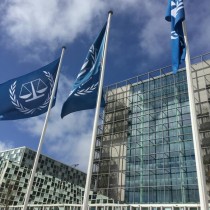



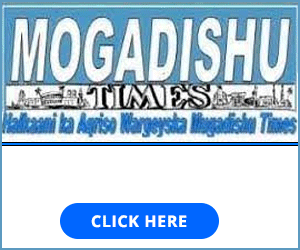
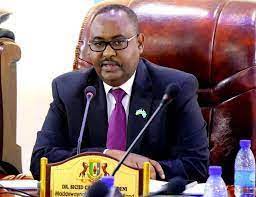
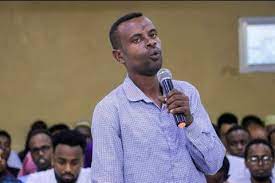
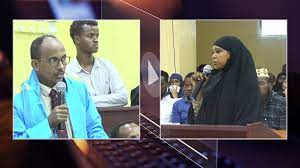
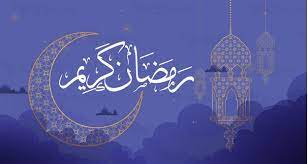
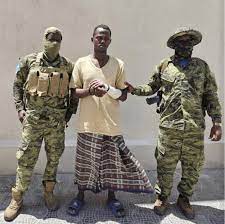


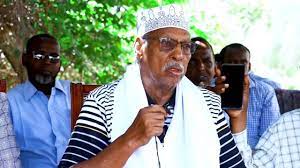
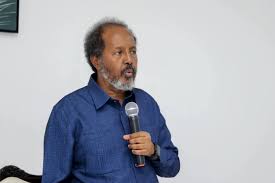
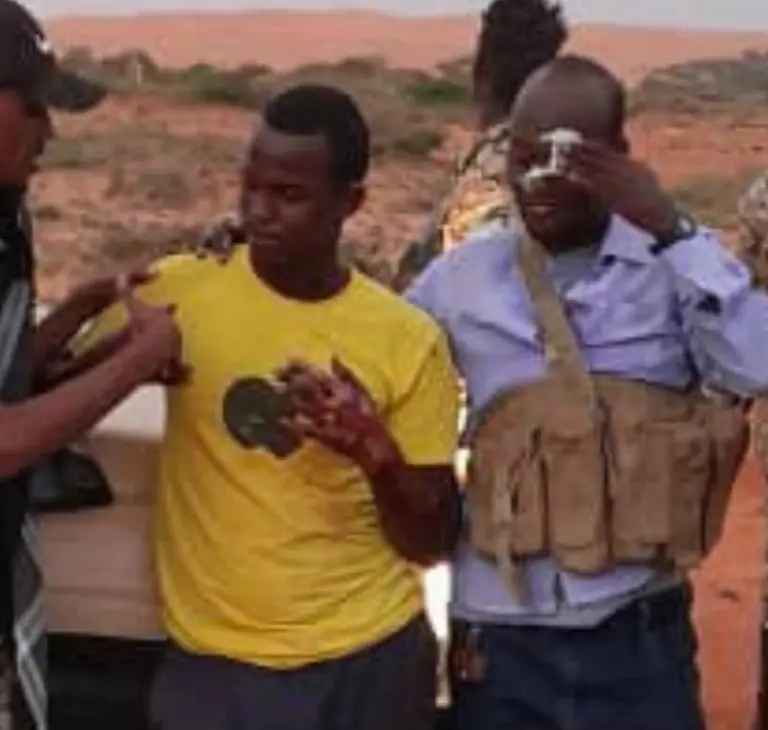
Media Freedom Under Attack in Somalia Journalists Live in Fear While Government Promises to Investigate Ring Hollow By Laetitia Bader
Tuesday was yet another bittersweet day for journalists in Somalia. The National Intelligence and Security Agency (NISA) released Abdi Adan Guled, the editor of Xog-Ogaal, one of the country's oldest newspapers. Abdi had been detained for three